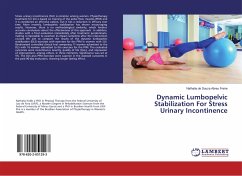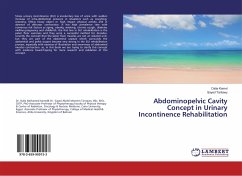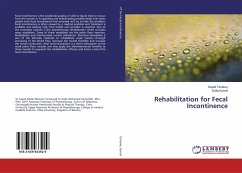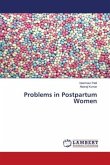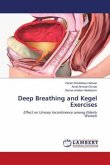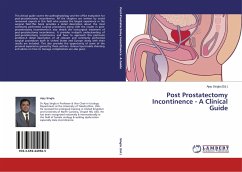Stress urinary incontinence (SUI) is common among women. Physiotherapy treatment for SUI is based on training of the pelvic floor muscles (PFM) and it is considered an effective option, but it has a reduction in efficacy over time. More recently, lumbopelvic stabilization has shown encouraging results. However, there is no methodological similarity, which hinders accurate conclusions about the effectiveness of this approach. In addition, studies with a final evaluation immediately after treatment predominate, making it impossible to ascertain its impact sometime after the intervention ceased. We aim to compare the results of the dynamic lumbopelvic stabilization (DLS) exercises with exercises for the PFM in women with SUI. Randomized controlled clinical trial comparing 17 women submitted to the DLS with 16 women submitted to the exercises for the PFM. The evaluated outcomes were incontinence severity, quality of life (QoL), and impression of improvement, among others, in three moments. Significance was set at 5%. The DLS plus PFM exercises were superior in the assessed outcomes in the post-90-day evaluation, showing longer lasting effect.
Bitte wählen Sie Ihr Anliegen aus.
Rechnungen
Retourenschein anfordern
Bestellstatus
Storno

